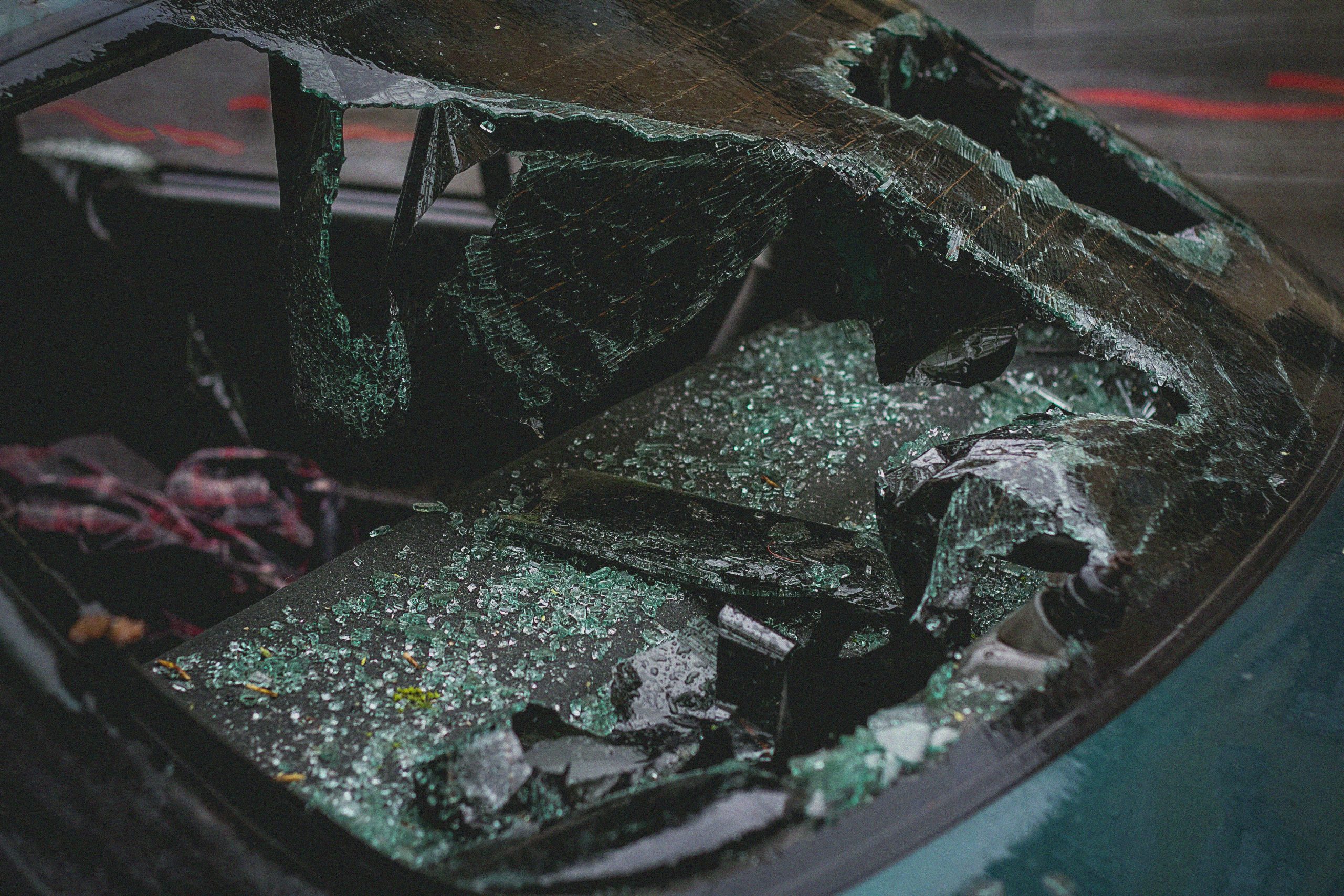Is there any legal basis for this situation? I was involved in a car accident where another driver made a sudden left turn in front of me, failing to yield at an intersection. I attempted to evade the collision, but we still made contact, which was relatively minor. Almost immediately after our collision, the vehicle behind me struck my car due to being too close. The driver behind me suffered injuries, including a broken arm, and her airbags deployed. Fortunately, I was unharmed and not at fault for the initial accident. The insurance companies are still determining liability for the rear-end crash, but now the driver who hit me is filing a claim for “residual bodily injury” against me. How is this possible? I took defensive measures to prevent a collision, yet I’m facing claims for her injuries. My insurance insists that I am not at fault, but this whole situation feels unjust.
Has anyone experienced something similar or have any advice?




It sounds like a frustrating situation, and it’s understandable to be concerned about the claim being filed against you. In most jurisdictions, the driver who is rear-ended is typically not held liable for the accident, as it is generally expected that drivers maintain a safe distance and are able to stop in time to avoid a collision.
Given that you were not at fault for the first collision and attempted to take defensive action, your case for liability in the rear-ending seems strong. However, the complexity arises when assessing the chain of events leading to the second accident. The rear driver may argue that the initial collision caused them to hit you, potentially complicating liability determinations.
It’s important to gather all evidence related to the accidents, such as police reports, witness statements, and any photographs of the scene. This evidence can support your case and demonstrate that you were not negligent.
While the claim for “residual bodily injury” may seem unfair, it does not automatically mean you will be found liable. Your insurer should take the necessary steps to handle the claim and defend your interests. It may also be wise to consult with a personal injury attorney who can provide guidance based on your specific situation and jurisdiction.
In short, while the claim against you does have a legal basis—the insurance companies often assess all aspects of the situation—your lack of fault in both incidents strengthens your position. Stay in close communication with your insurance company and consider seeking legal advice if needed.